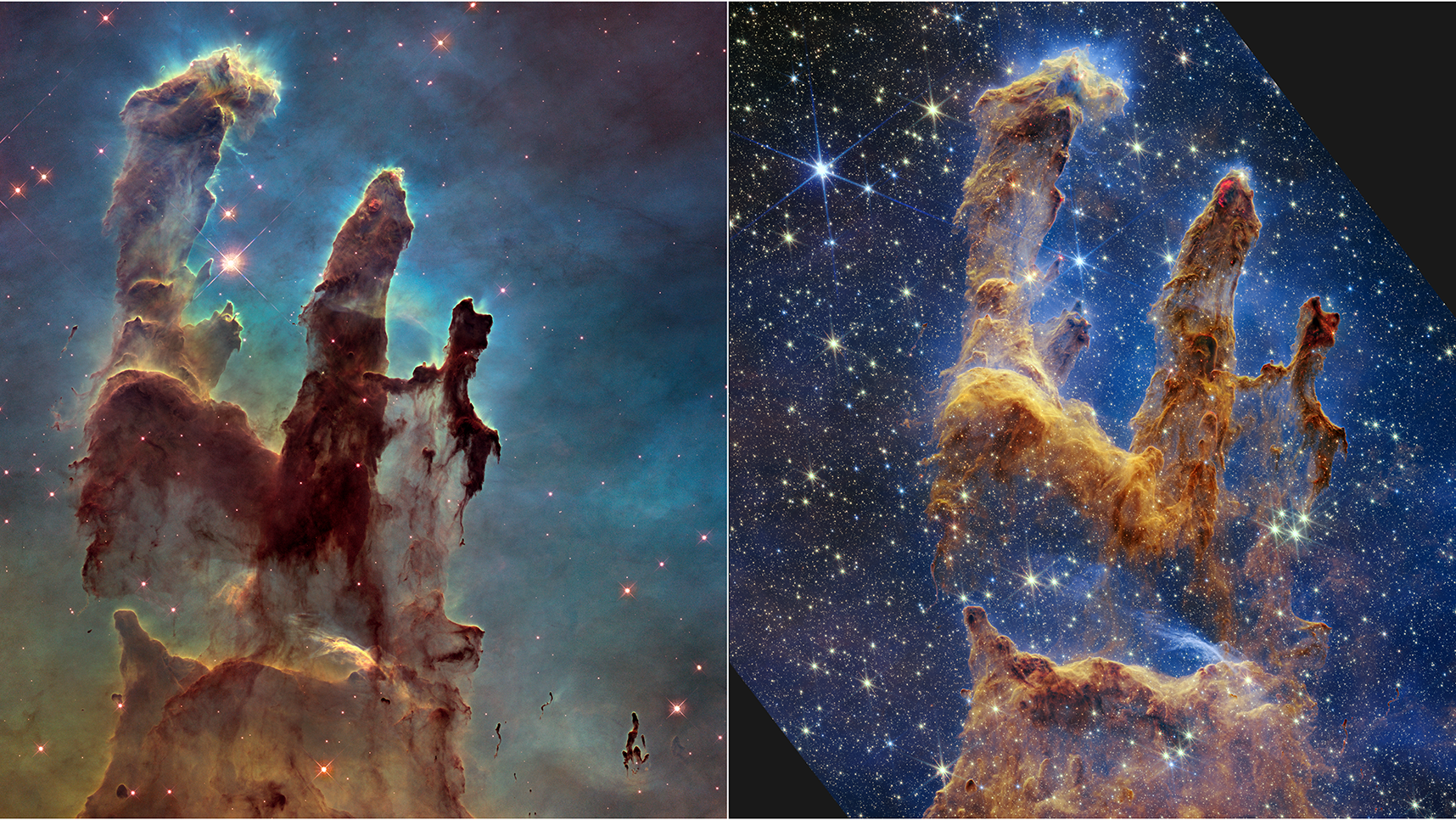The expert on animal collectives reveals whether he considers himself an ordinary member of the human crowd—or, like his favorite band, a maverick.
Question: As an expert on animal collectives, do you consider yourself part of the crowd?
Iain Couzin: Well, I feel myself very much part of a crowd and part of society and sort of, but I'm also susceptible to, you know, being swayed in a similar way to other people. And so one of the fascinating things when we look at nature, when we look at collective behavior in nature, is how prevalent it is, you know, from, you know, looking at ants forming a swarm to, you know, bees, to, you know, fish schools, bird flocks, you know, all around us, and of course, our own human societies. And so it really, what I'm trying to understand and what I'm fascinated by, is how and why natural selection leads to individuals living in societies or living in groups.
Question: Is your favorite band, the Pixies, non-conformist or mainstream?
Iain Couzin: When you're old like me, no, I mean, in the late '80's and the early '90's, the Pixies were revolutionary. They wouldn't have been bands like Nirvana had it not been for the Pixies and, you know, Kurt was one of the first people to say that. You know, they were incredibly influential. And of course, the nice thing about music as well as science, is that things can build upon other things and Pixies had an enormous role to play in that and had a sort of influential, you know, hit me at an influential time in life. So I love them as a band, in fact, I saw them here in New York City just a few weeks ago and it was fantastic. And I was one of the oldest people there! I think the median or mean age was about 22, 23, I was very surprised and very impressed.
Recorded on December 15, 2009
Interviewed by Austin Allen





